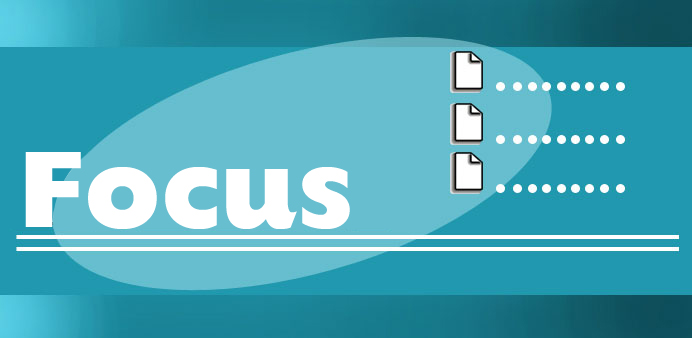By Arno Maierbrugger
Gulf Times Correspondent
Bangkok
Heavily indebted 1Malaysia Development Bhd (1MDB), a strategic development company wholly-owned by the government of Malaysia and cooperating, among others, with Middle East investors such as Aabar Investments and Qatar Investment Authority (QIA), said on June 8 that it has repaid a $975mn loan to an international consortium of banks, a move that “proves its commitment to reducing its debt.”
The fund, which has amassed debt since its inception in 2009 that is said to stand at $11.4bn, has used a fresh $1bn cash injection paid on June 4 by Aabar Investments, a unit of Abu Dhabi’s International Petroleum Investment Company (IPIC), to repay the loan to the six-bank syndicate led by Deutsche Bank.
“We are pleased to confirm that the loan has been fully repaid. This repayment reflects 1MDB’s commitment to reducing its debt levels, in line with the rationalisation plan approved by the cabinet,” 1MDB president and group executive director Arul Kanda Kandasamy said, claiming that the cash injection was a “business transaction” and “not a bailout.”
Kandasamy, previously executive vice president and head of investment banking at Abu Dhabi Commercial Bank, has been appointed head of 1MDB in January 2015 as a troubleshooter obviously for his excellent Middle East contacts after problems at 1MDB dramatically mounted, the real extent of its debt burden became public and alarm bells started ringing also for Aabar Investments and QIA. The size of the debt has even prompted warnings that it could negatively affect the credit rating of Malaysia as a whole.
Previously called the Terengganu Investment Authority, 1MDB has been set up by the government to channel parts of its oil royalties into a sovereign wealth fund that should focus on development projects in energy, real estate, tourism and agribusiness, as well as investment in international financial instruments “to ensure it financial sustainability on a long-term basis.”
Over time, 1MDB has found its investment and co-operation partners mainly in the Middle East, apart from Aabar and QIA also PetroSaudi International, Abu Dhabi’s Mubadala Development Company and Abu Dhabi Future Energy Company, or Masdar. 1MDB is currently involved in two high-profile projects, the Tun Razak Exchange, new financial district for Kuala Lumpur, backed by Aabar, and the 200-hectare Bandar Malaysia project, an urban development also in Kuala Lumpur with main partner QIA. For both projects, a total of at least $8bn has been pledged as investment by the Middle East partners.
However, the opaque structure of the 1MDB fund, questionable money flows, commissions paid to a number of people with close ties to the government of Prime Minister Najib Razak, ballooning debt and criticism by the opposition that the fund “lacks transparency” and initially “neither had a business address nor an auditor” caused both investors and lending banks to become jittery about the financial health of the fund. Though it is now scrutinised by auditors and will also soon be examined by Malaysia’s central bank, the fact that it has $11.4bn in debt – which it does not deny, but just a paid-up capital of one million ringgit ($272,450), does not help in calming stakeholder’s nerves.
Meanwhile, the fund’s troubles have triggered a big political tug-of-war in Malaysia, with the opposition and influential former long-term Prime Minister Dr Mahathir Mohamad challenging Najib Razak on many levels for alleged transgressions in connection with 1MDB.
Malaysia’s Second Finance Minister Datuk Seri Ahmad Husni Hanadzlah tried to cool off tempers in a televised speech last week, saying that “the $11.4bn (in debt) have to be seen not merely in the context of debts but also in the context of assets, finance costs and shareholders’ funds.” Those who continue to claim that a sizeable part of this debt has “vanished”, would only cause “the banks panic and ask 1MDB to settle the debts,” he argued, referring to allegations that borrowed money has been lost in unprofitable land transactions or has been “siphoned off” in deals.
However, he also confirmed that the two main projects of Tun Razak Exchange and Qatar-backed Bandar Malaysia will now be established as standalone companies, with full autonomy and accountability for their operational and financial performance. While the Ministry of Finance will remain key shareholder in both, it will seek to raise equity via third party investors, whereby proceeds will be used to further reduce 1MDB’s debt, Hanadzlah said. 1MDB’s controversial energy unit Edra Global Energy is in the split-off process and will then either be sold or floated.

